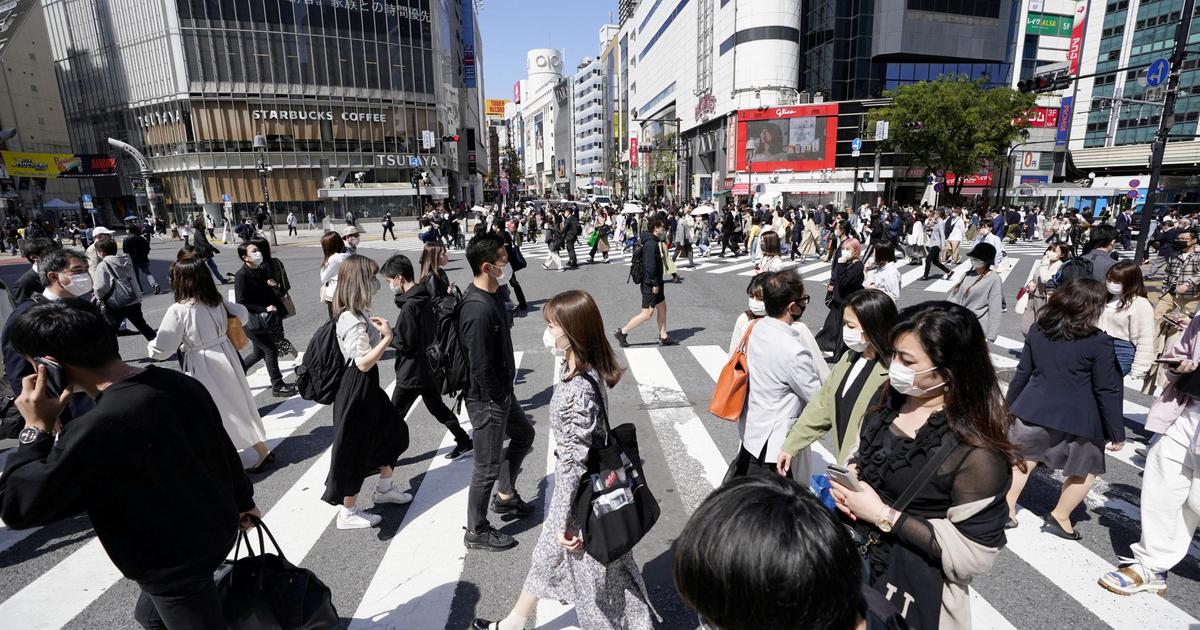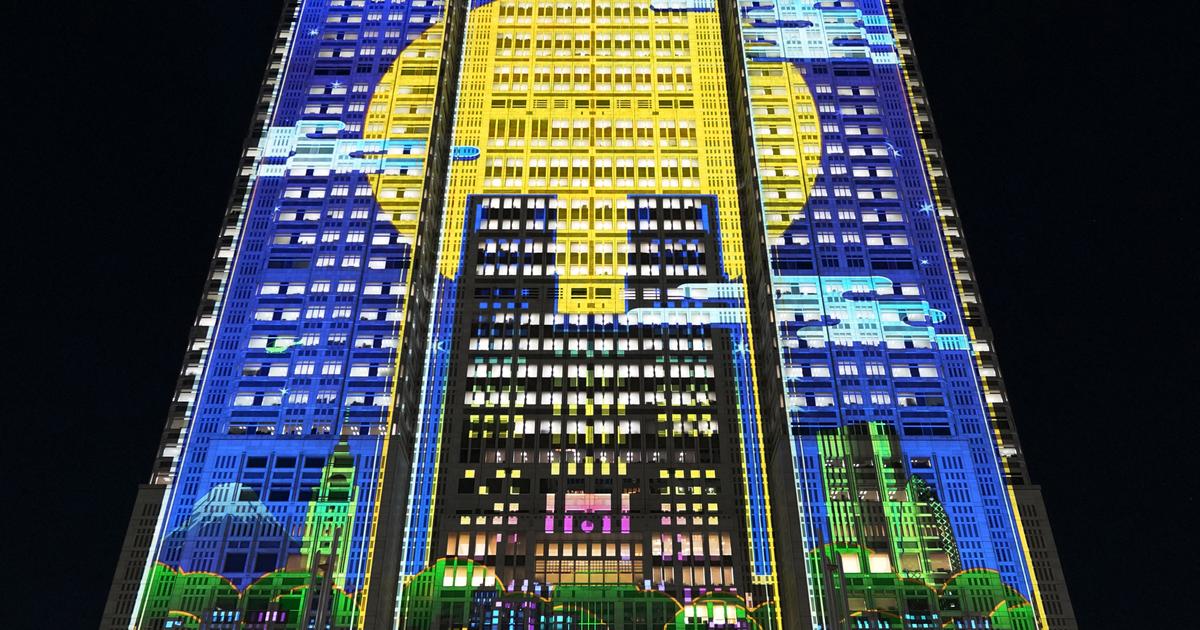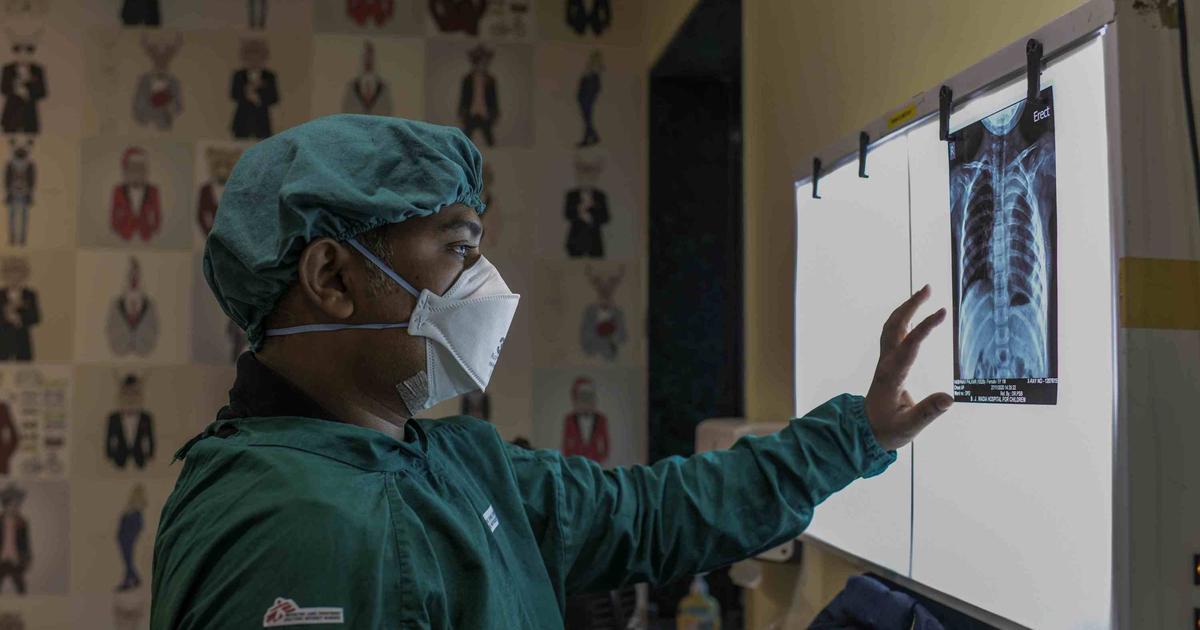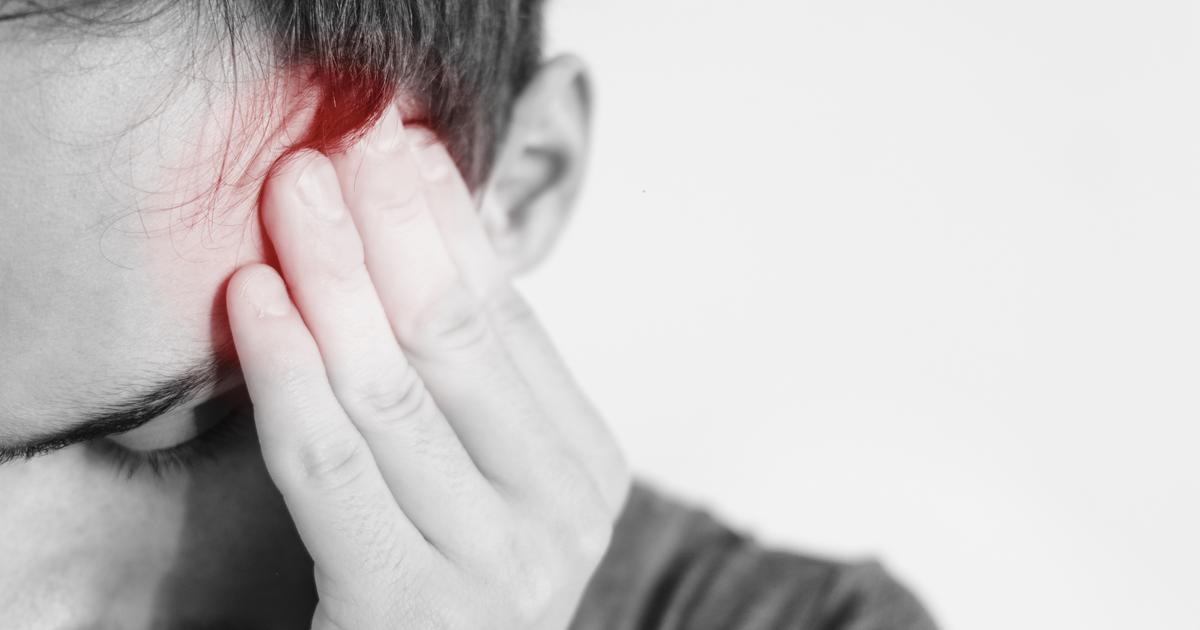The president of Argentina, Alberto Fernández, this Wednesday in the fifth presidential office of Olivos.Argentine President / EFE
Argentina has entered the second wave of the covid-19 pandemic and the Government seeks to buy time to vaccinate the largest number of people at risk.
This Wednesday, after a record of positive cases, President Alberto Fernández has announced a battery of measures aimed at reducing the circulation of the virus that will govern from Friday.
In areas of high epidemiological risk, social gatherings in homes, bars and restaurants will be prohibited, they must close their blinds at 11:00 p.m. and the curfew will govern between midnight and 6:00 a.m.
"In these months we want to take care of health, take care of the economic recovery and take care of the presence in schools as much as possible," Fernández said in a televised message from the gardens of the presidential villa, where he is isolated for having contracted covid -19 five days ago.
The main concern of the Government is Buenos Aires and its metropolitan area, the most densely populated area in Argentina, with about 14 million inhabitants.
In the last week, cases have increased 53% there, above the 36% average across the country.
Of the 22,059 new cases detected this Wednesday, more than half corresponded to this region.
The capital, governed by the opposition Juntos por el Cambio, and the province of Buenos Aires, in the hands of Peronism, have conflicting views on the announced measures: the mayor of Buenos Aires, Horacio Rodríguez Larreta, has expressed his refusal to restrict the movement of people and has pushed to delay the closure of gastronomic businesses, badly hit after a year of pandemic.
The Buenos Aires governor, Axel Kicillof, defended advancing the curfew and the closure of bars and restaurants.
Among the announced measures is also the suspension of all events in closed spaces, the limitation of the capacity in gastronomic establishments and the increase of controls in public transport.
Although only essential workers have been allowed to circulate on buses, trains and the subway since the start of the pandemic, in recent months it had no longer been necessary to present a circulation permit, which will now be required again.
Teachers and students also have the use of public transport enabled because the schools remain open after a year of virtual education only.
Restricted foreign travel
Until now, the Argentine government had limited itself to tightening border controls as the second wave affected neighboring countries such as Brazil, Chile, Paraguay and Uruguay.
Argentina is closed to international tourism, has canceled flights from countries affected by the new variants of the coronavirus and has reduced those from all other destinations.
From Friday the trips of graduates and tourist groups are also prohibited.
This week, long lines have formed in Buenos Aires hospitals of people who suspected they had contracted covid-19 and requested a test.
According to the last epidemiological part, there are 3,706 people with coronavirus admitted to intensive care.
With a bed occupancy percentage of 58.1% —64.5% in the Buenos Aires metropolitan area—, the Argentine health system is far from the risk of contagion, but the record numbers of contagion of the last two days and the complicated situation in neighboring countries suggests that the second wave that is just beginning may be more virulent than the first if vaccination is not advanced quickly.
Argentina has so far applied 4.7 million vaccines to health workers, the elderly, people at risk, teachers and security forces.
However, just over 700,000 immunized people have received the two doses, because the Government has prioritized covering as many people as possible with at least one dose due to the slow arrival of the agreed vaccines.
Subscribe here
to the
EL PAÍS América
newsletter
and receive all the informative keys of the current situation in the region.




/cloudfront-eu-central-1.images.arcpublishing.com/prisa/EVO3ONJQQIMWO4H4NLQHLOCP4Y.jpg)




